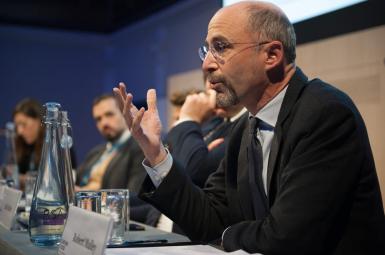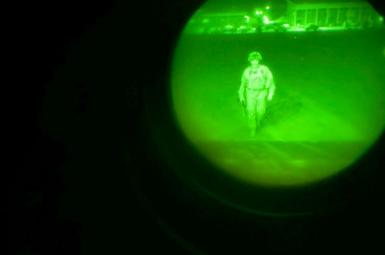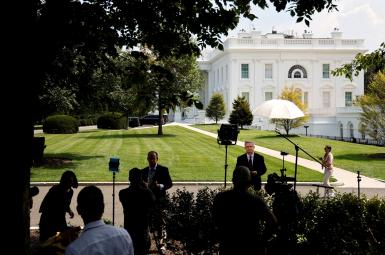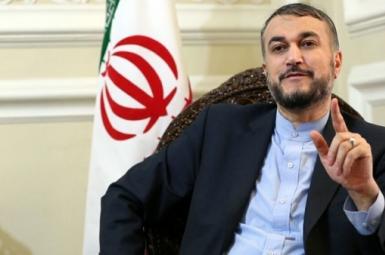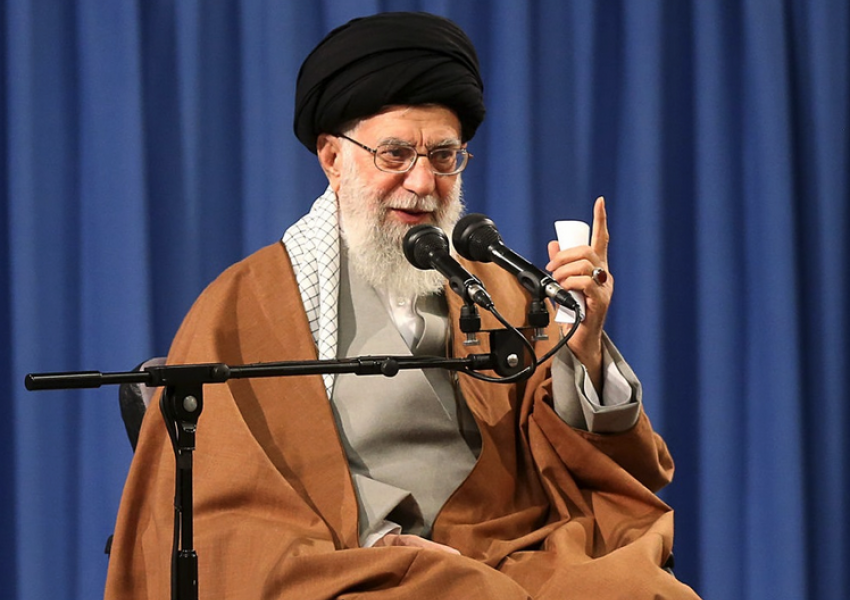
Amid Negotiations, Iran's Khamenei Unleashes Attack On The US
Deterring the United States from "bullying and interventions" in Muslim countries is rewarding Jihad, Iran’s Supreme Leader Ali Khamenei tells the Muslim world in his Hajj message published Monday.
After months of negotiations with Washington and three European powers to revive the 2015 nuclear deal, Khamenei does not pull punches in a message he delivers annually on the occasion of Hajj, a sacred duty for all Muslims.
This year’s message is not so different in its content from previous years when the aging anti-Western cleric routinely lambasted the US for opposing his military and regional policies. But this year the message comes amid more than three months of serious talks in Vienna, when many in the West spoke of confidence building with the Islamic Republic to revive the 2015 Joint Comprehensive Plan of Action, JCPOA.
But most of all, this year’s message perhaps shows Khamenei’s frustration that the West insists on discussing Iran’s interference in regional countries. The United States has said time and again that restoring JCPOA is prelude to more talks to resolve regional issues. Khamenei’s message is full of references to young people rising against US domination and the West blaming Iran for the “resistance”.
Last year, Khamenei also unleashed a harsh attack on the United States, but that could be seen as a response to former President Donald Trump who imposed “maximum pressure” on Iran and in essence demanded capitulation on many fronts.
This year, President Joe Biden has adopted a different approach, calling for talks and compromise to resurrect the Obama-era agreement, which means at least most of the heavy sanctions imposed by his predecessor would be lifted, offering Iran a financial lifeline.
Khamenei called for strengthening the resistance forces against the United States – a jargon for Islamic Republic’s allies and militant proxies in the region, such as the Hezbollah in Lebanon, Shiite militias in Iraq, Houthis in Yemen and Bashar al-Assad in Syria.
Khamenei in his message also repeated his anti-Western rhetoric, that “backwardness of Muslim countries” is the fault of the West because of their evil machinations, domination and arrogance against the Muslim world. Although this message has some receptive ears among Muslims, many Sunnis see Khamenei as a Shiite cleric whose rhetoric is crafted from the standpoint of his interests.
Others see that Khamenei’s view of history, at least in case of Iran is flawed. When Europe began to rise and mustered technology and military power, Iran was suffering from the domination of religious dogma and superstitions, with no secular education, corrupt and weak monarchies where science and good governance were lacking. In fact, it was Ottoman Sultans and Persian kings who realized that they had to emulate the West to maintain independence and compete.
Khamenei argued in his message that Muslim nations had no role and no say in the affairs of their countries in the past 150 years. But he blamed this on the West instead of questioning the authoritarian impulses of local rulers, such as himself. The Islamic Republic’s violations of human rights and campaign against dissidents is well documented.
Khamenei called for resistance against the United States and condemned inaction and incompetence among Muslim governments, while Iran is now in the grips of multiple crises. One clear example is its inability to vaccinate its population against Covid-19, while other Muslim countries with oil wealth are well ahead in the game with 30-75 percent of the population vaccinated.
Khamenei is known for his anti-Western impulses. In his political worldview Russia or China can do no wrong because they are also anti-Western. He never mentions Russian domination of millions of Muslims and their forced secularization, or in fact Communist indoctrination.
